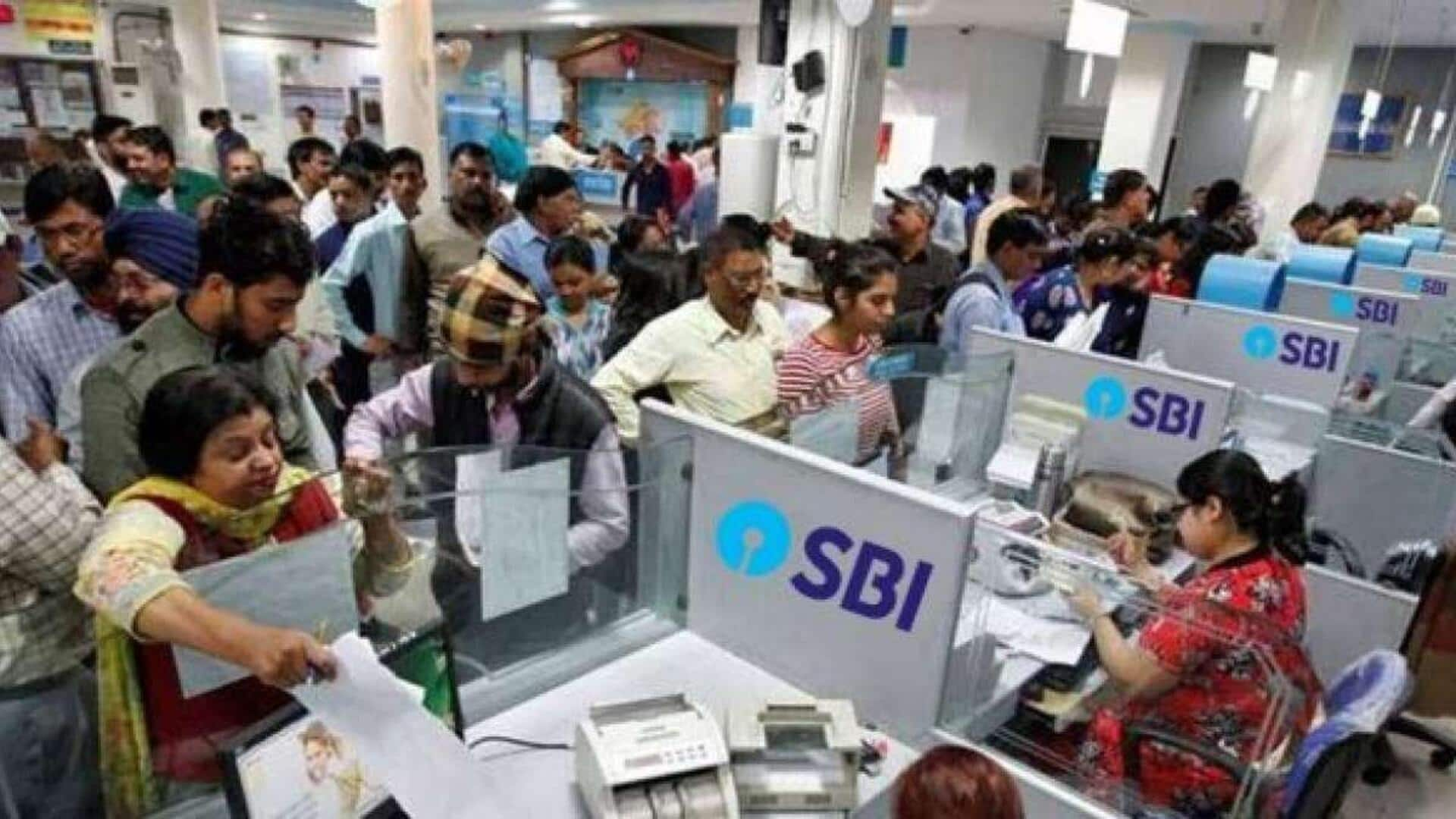
Up to 49% foreign-investment in government banks might be allowed
What's the story
The Indian government is considering a proposal to double the foreign investment limit in public sector banks (PSBs) from the current 20% to as much as 49%. The move is part of a broader strategy by the Finance Ministry and Reserve Bank of India (RBI) to attract more capital into state-run lenders. However, the plan is still in its early stages and has not been finalized yet.
Market trends
Surge in foreign interest in Indian banking sector
The rising foreign interest in India's banking sector is evident from recent high-profile deals. These include Dubai-based Emirates NBD's $3 billion acquisition of a 60% stake in RBL Bank, and Sumitomo Mitsui Banking Corp's $1.6 billion investment for a 20% stake in Yes Bank, which was later increased by another 4.99%.
Regulatory alignment
Aligning regulations between public and private banks
The proposal to raise the foreign investment cap for PSBs from 20% is also part of a larger effort to align regulations between public and private banks. Currently, India allows up to 74% foreign ownership in private lenders.
Economic impact
Increase in financial sector deals
India's strong economic growth, averaging 8% over the past three fiscal years, has led to a surge in credit demand. This has made Indian lenders more attractive to foreign investors. The financial sector deals in India have jumped by around 127% to $8 billion between January and September this year.
Ownership structure
Current foreign ownership levels
The Indian government plans to maintain a minimum shareholding of 51% in state-run banks. As of September 30, current foreign ownership in these banks ranges from a high of about 12% in Canara Bank to nearly zero in UCO Bank. Despite being seen as weaker than their private counterparts, PSBs are often tasked with lending to poorer sections of society and opening branches in rural areas.